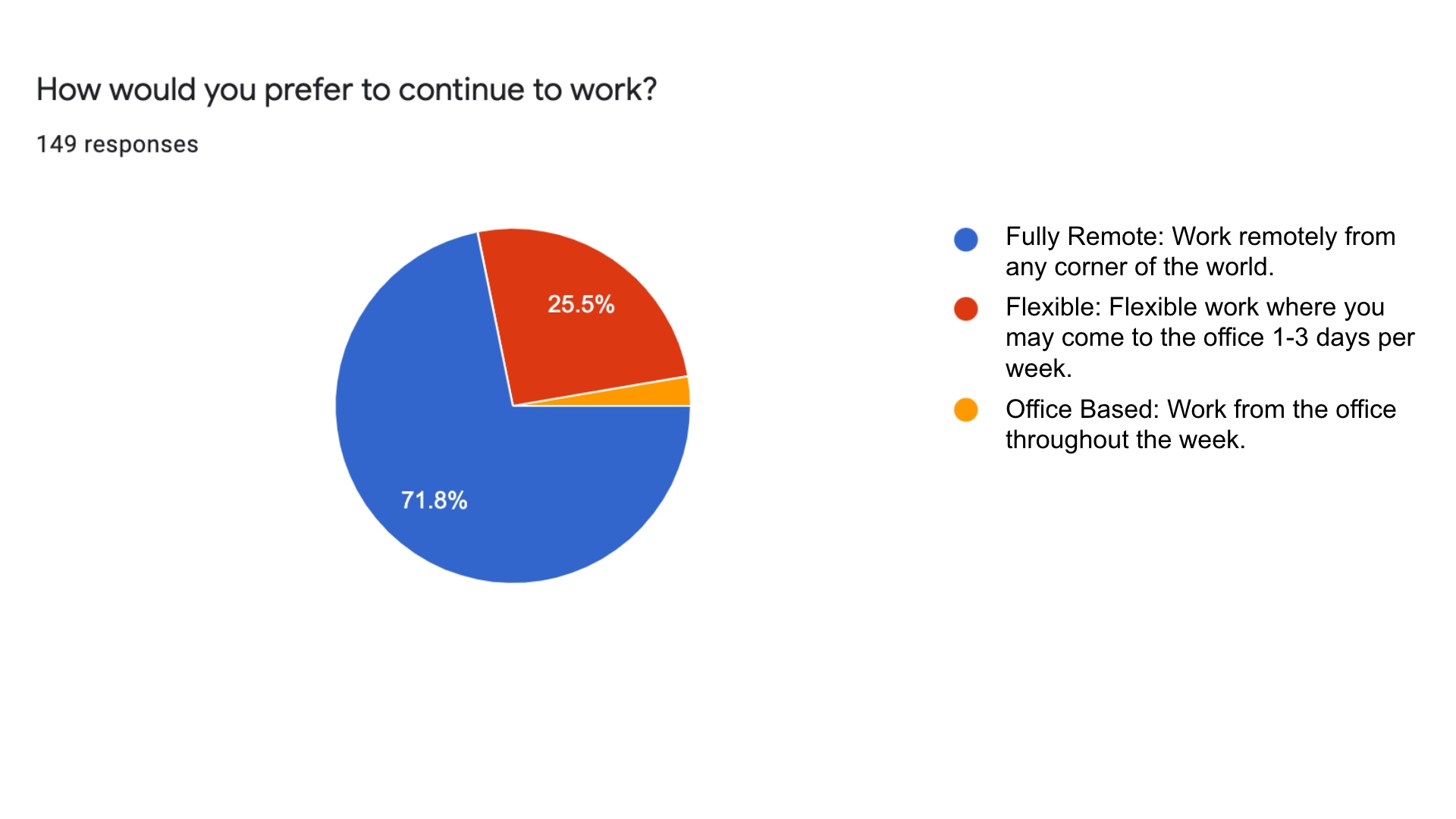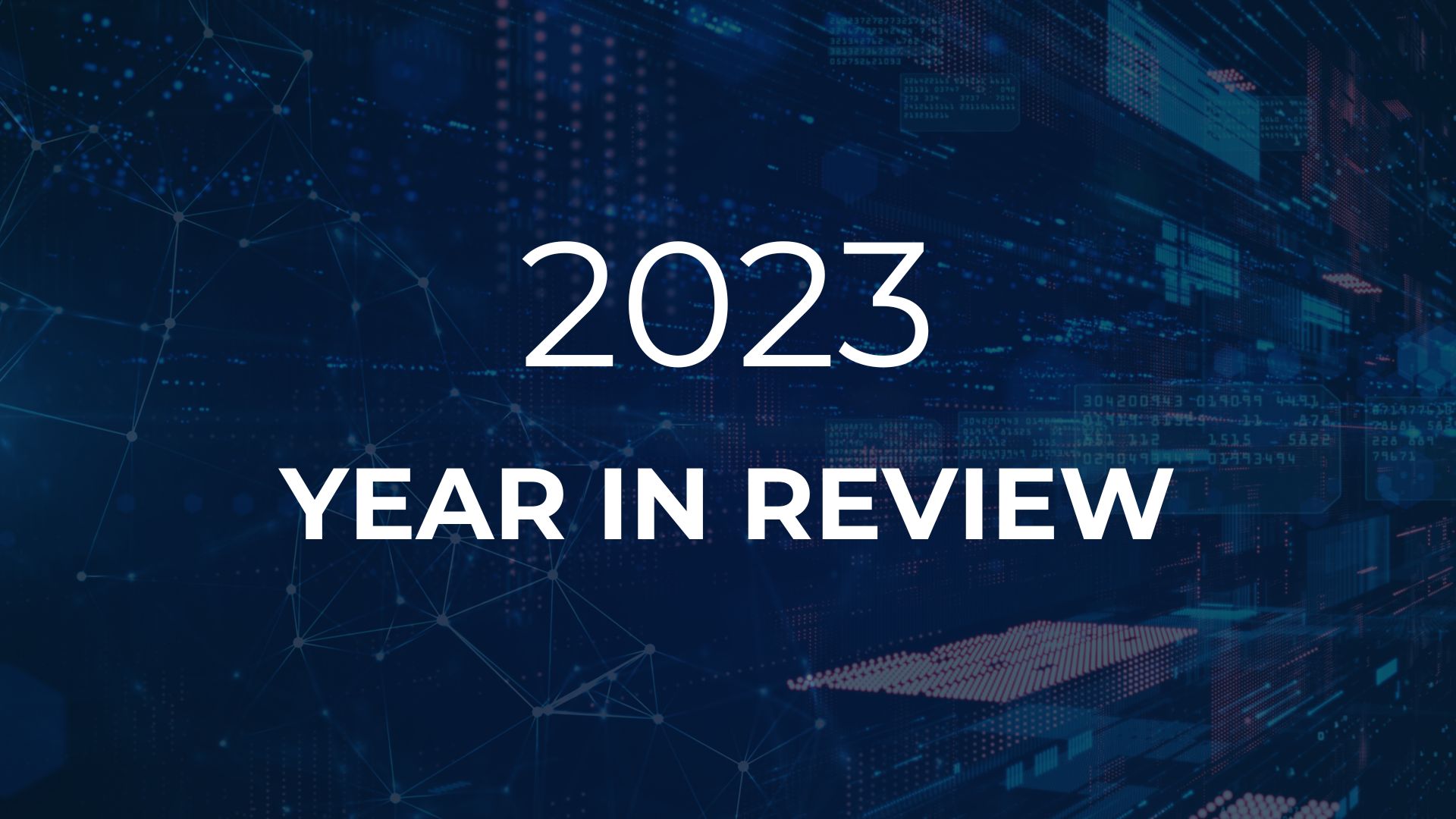The last couple of years have been disruptive to the world in many ways. We live in a transformational decade. On March 13, 2020, taking into account the safety of our employees, we made a company-wide decision to go temporarily remote. On June 1, 2020, we published a blog that outlined how we embraced distributed or remote work and extended Work from Home until the end of 2020.
We have had distributed and remote employees domestically in the States even before the pandemic, and it was sporadic with our teams in India, with very few employees working from home. Until June 2020, our employee base was concentrated mostly in the State of Tamil Nadu, India. However, this has changed. We hired people from the different states of India. We also wrote about this in our 2020 annual letter.
We now have an opportunity to expand our hiring beyond just the United States & India, and we want to be a truly global company. Diverse talent from different cultures and countries is a huge plus to any organization.
DCKAP MAKES THE DECISION TO CONTINUE REMOTE WORK
 Employee Survey
Employee Survey
In a recent employee survey we did concerning opening up offices, 71% responded that they prefer to work remotely (and would not want to return to the office), 26% responded that they would prefer a hybrid work environment (where they could come to the office a couple of days a week based on convenience), and 2% wanted to work directly from the office.
 Hybrid or Fully Remote?
Hybrid or Fully Remote?
We have been researching this, and we also looked closely at other companies for inspiration. For example, GitLab, Automattic, and Basecamp have a fully remote culture, and Apple’s hard line on remote working was surprising to us. Some companies have taken a hybrid approach to let the managers decide or have people in the office a couple of days a week. Some of our employees were asking when we were going to reopen our offices. This was the challenge at hand. Broadly, for the kind of company we are, we had two options to seriously consider: Hybrid Work (where people could decide whether they wanted to come to the office or not) and Remote Work (where we would go fully remote).
What is the Challenge With Hybrid Work?
Gitlab provides excellent resources on this topic. One of the challenges they talk about with a Hybrid work environment is that not everyone gets an equal opportunity and the potential for a rise of inequality. With a little bit of thinking, this seems obvious. For example, let us say we have Employee A who lives in Chennai, Tamil Nadu (where we have offices). Employee B lives somewhat nearby in Tirunelveli, Tamil Nadu. And Employee C lives in Bhubaneswar, Odisha. In this scenario, Employee A comes to the office every day, Employee B comes to the office once a month, and Employee C does not come to work as he/she lives in a different state altogether. As Employee A comes to work in our office every day, he/she would have more access and clout. It may even look like Employee A is working harder and putting in effort (because he/she drives down to the office) more than Employee B or Employee C. When an opportunity for travel or promotion or leadership comes up, then Employee A may be preferred over the other two. This is potentially seen as the problem. Although this is addressable, and there are always solutions.
What Works Better for DCKAP? Hybrid or Remote?
One thing we take a lot of pride in is our people and our culture. We trust our people to do the right thing in the company’s best interest, whether they work remotely, or from the office, or in a hybrid manner. We have built an excellent culture and are proud of it. One of our goals is to build a global company. In achieving this, we do not have to restrict ourselves to talent from the United States or India. We can, and will, hire talent from across the globe. Working remotely allows us to work with people from different backgrounds, cultures, and countries and build our skill-sets without opening offices in different parts of the world. It is exciting to have colleagues from Nagapattinam (Tamil Nadu, India), Milan (Italy), Bhuvaneshwar (Odisha), Salt Lake City (Utah), Tokyo (Japan), and more. Going fully remote will provide more opportunities and platforms to people. Our team will have the flexibility to work from anywhere globally, take a mini trip to another country, work from there for a few weeks, and return to their home state.
 Learning, Travel & Experiences
Learning, Travel & Experiences
Learning and travel are an integral part of our culture. Instead of investing in physical offices, we will be investing in our people, travel, and experiences. We also understand that it will cost us the same (if not more) to run remote teams and aid collaboration. We also strongly think it will empower our team more and improve their lifestyle. We have also seen the communication and writing skills of our people improve over the last couple of years.
Based on where we are today, we have decided that continuing to work remotely will be a great strategic decision for us as a company. We will also be able to hire and attract talent from everywhere. We are excited about this direction ahead. There will be a lot of things to figure out – How will our remote culture evolve? How do we invest in collaboration? (Writing/documenting culture will play a huge role.) Where should we invest? & How do we help each other? We are always learning, and we will continue to experiment.
“The Only Thing That Is Constant Is Change.”― Heraclitus
Contents




